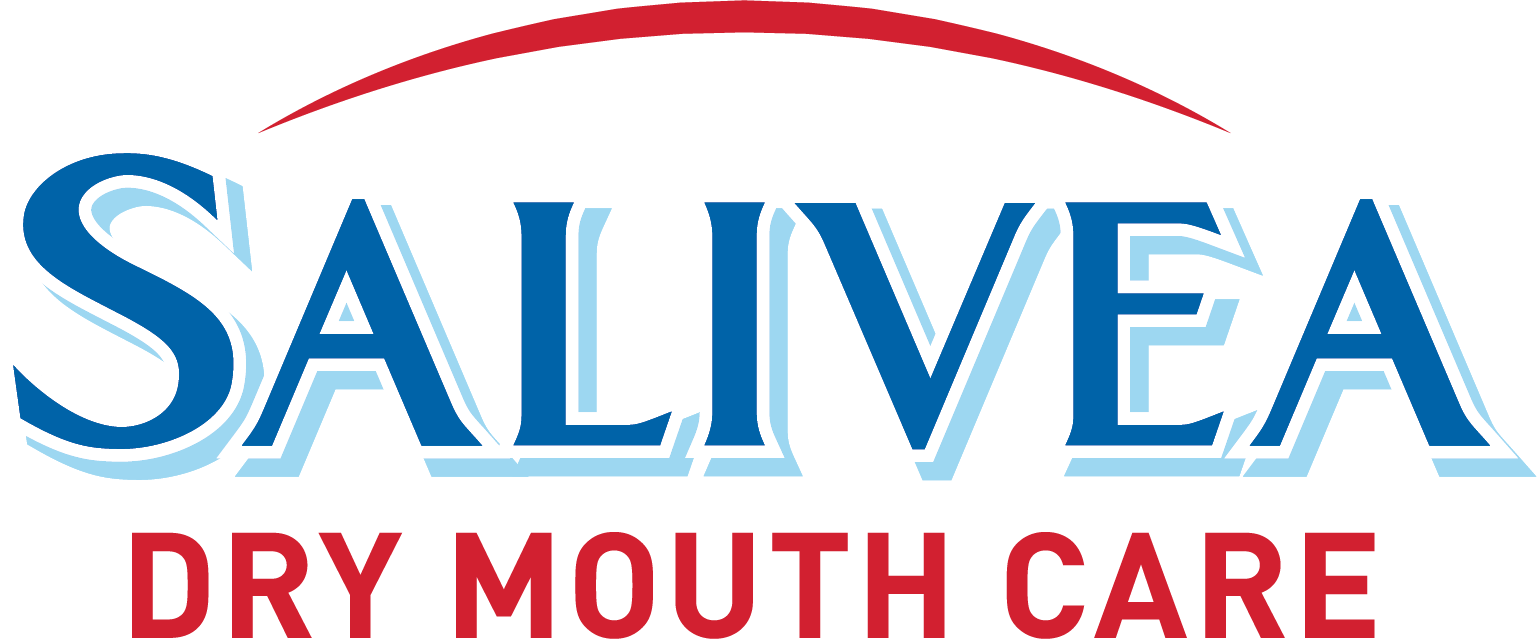5 Tips for a Healthy Oral Microbiome
A healthy mouth is your body’s first line of defense. It has been shown that the viruses like the novel coronavirus, which causes Covid-19, can be spread through respiratory droplets into mucous membranes like the mouth and nose. This makes it more important than ever to protect your oral microbiome, the collective genome of microorganisms found in the mouth. It’s one of the largest microbial communities in the human body, second only to the gut, and plays a major role in our overall health and immunity.
Even the healthiest mouth is not bacteria-free. Our teeth, tongue, hard and soft palates, tonsils and gingival sulcus all serve as habitats for bacteria. Research shows that the human mouth contains over 700 bacteria species—some are good while others are harmful and even pathogenic. “Good bacteria” promotes digestion, produces energy and helps regulate the metabolism. “Bad bacteria” causes everything from gum disease, tooth decay and bad breath to infectious illnesses that target important organs.
A healthy oral microbiome hosts a symbiotic balance between the two, with good bacteria in the majority. Friendly bacteria helps block bad bacteria from entering the oral microbiome and fights unwanted microorganisms that do get in and try to make us sick. It’s therefore essential to provide a healthy habitat so that beneficial bacteria can flourish and help us maintain strong immune systems so we can combat infectious diseases.
Below are a few things you can do to help keep your oral microbiome happy and healthy.
1. Maintain a Hydrated Mouth
Dry mouth, also known as xerostomia, can cause real damage to your oral microbiome. Saliva hydrates, cleanses and staves off infection by controlling bacteria and fungi. When dry mouth results in reduced saliva production, it can lead to serious illness and disease.
2. Eat a Healthy Diet
A diet rich in antioxidant-rich, anti-inflammatory and alkalizing foods will boost your oral health. Increase your intake of plant-based foods like fresh produce, roots, nuts, and legumes. Eat only wild caught fish and organically raised, cage-free meat, poultry and eggs. Reduce your intake of simple carbs and refined sugars, which lead to cavities and tooth decay. They also increase the mouth’s acidic pH, which shifts the corresponding flora in the mouth.
3. Reduce Acid
Avoid acidic drinks like soda, alcoholic beverages and sugar-laden juice. Consider adding alkaline water to your diet. Studies show that alkaline water stimulates production of saliva, which flushes away excess bacteria. It also boasts a higher pH level than regular drinking water, which may help neutralize acid in your body.
4. Boost Oral Hygiene
It’s important to cover the basics, like brushing your teeth after meals, flossing daily and regular dentist visits. Take it a step further—eliminate products that contain ingredients that strip your oral microbiome, like sodium laurel sulfate (SLS), sodium fluoride, triclosan, diethanolamine (DEA), microbeads, artificial sweeteners or color dyes. Instead use products like SALIVEA Extra Gentle, Low Foaming Toothpaste and SALIVEA Extra Gentle Mouthwash that contain natural enzymes to support saliva’s natural defenses.
5. Cancel Smoking
If you’re a smoker, it’s time to quit. Smoking is like offering bad bacteria VIP access to your oral microbiome. It throws off the delicate balance between good and bad microorganisms, paving the way to chronic illnesses and diseases like cancer.
Follow these tips to balance your oral microbiome so you can have a happy, healthy mouth. Click here to learn about our SALIVEA oral care products that soothe dry mouth while supporting and restoring the natural defenses that saliva provides.

